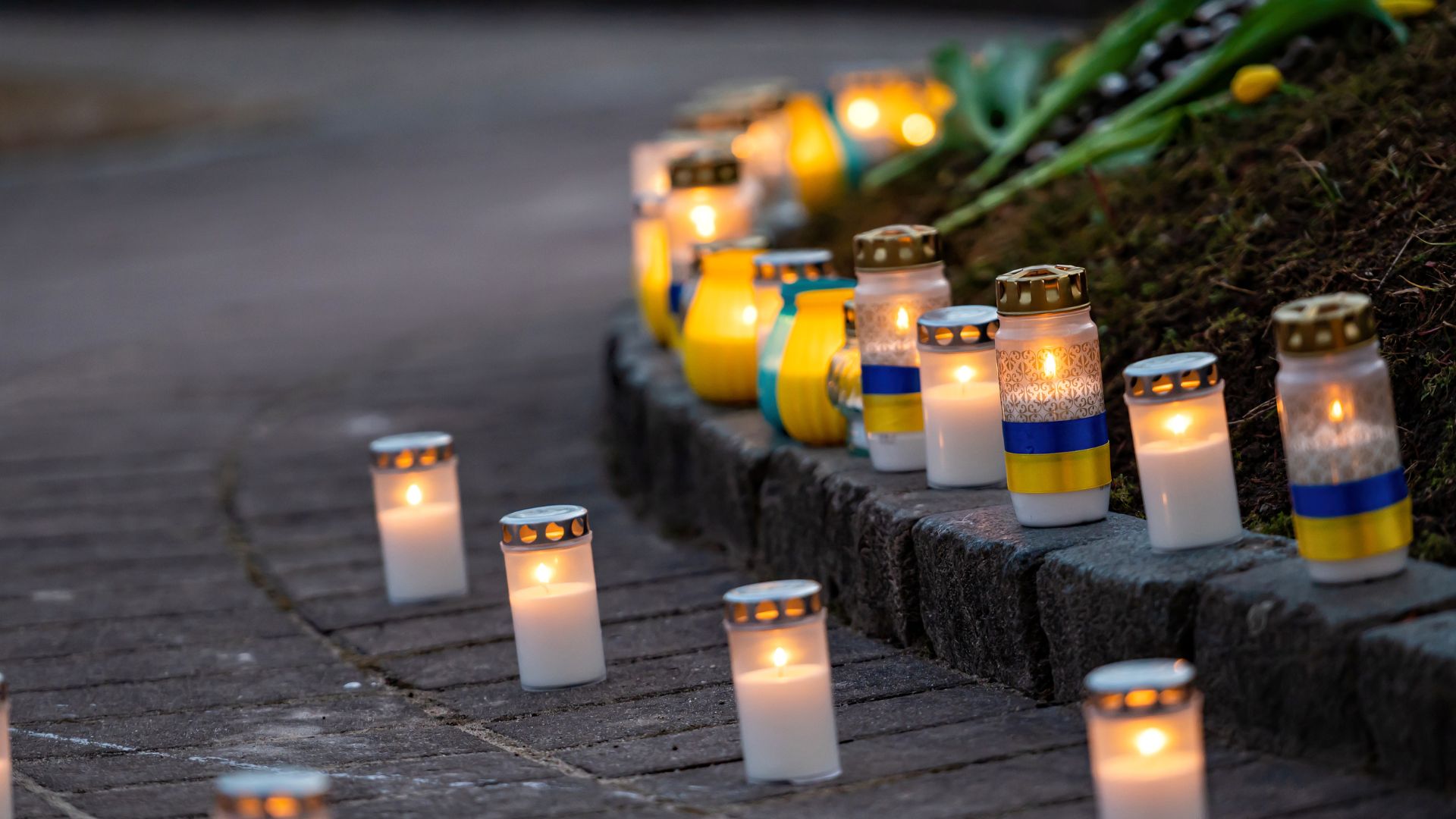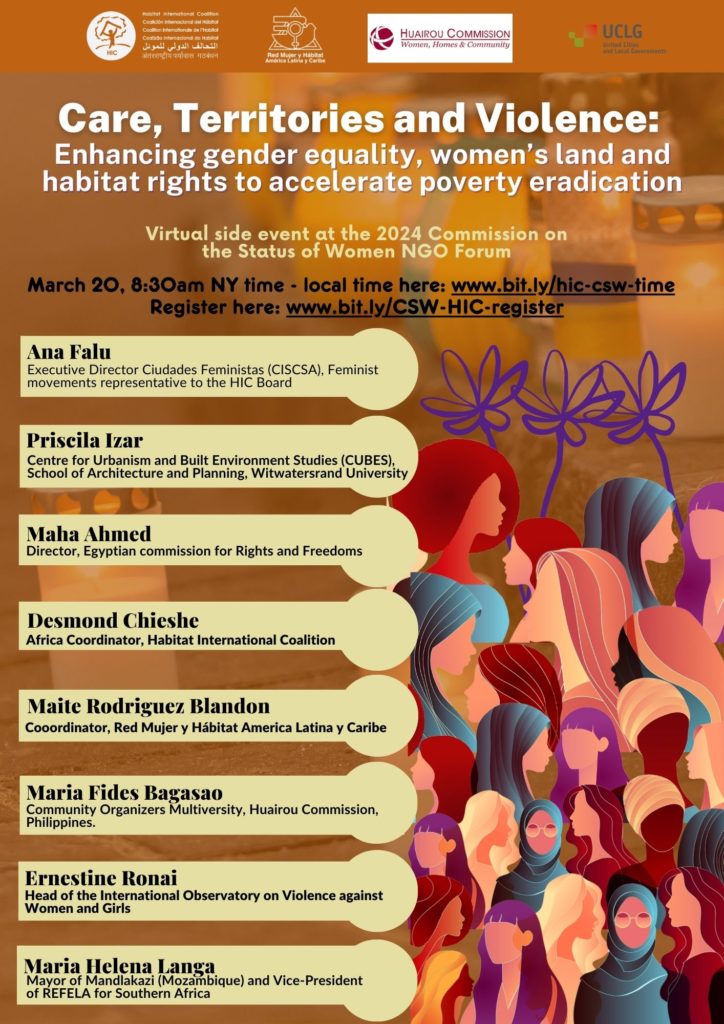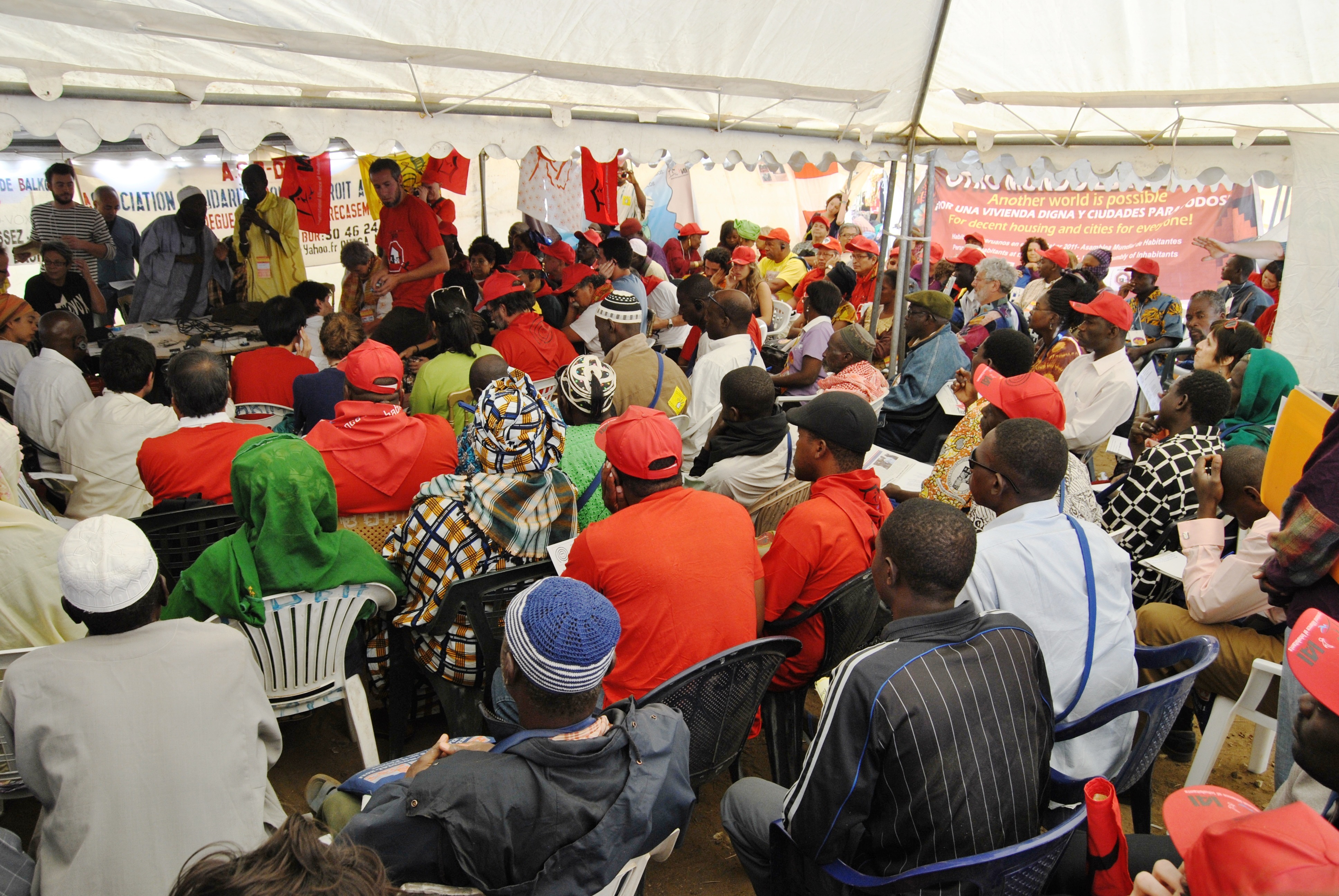Care, Territories and Violence: enhancing gender equality, women’s land and habitat rights to accelerate poverty eradication
Virtual side event at the 2024 Commission on the Status of Women NGO Forum
March 20, 8:30am NY time. (You can check your local time here ).
Register here: https://us06web.zoom.us/meeting/register/tZUkf-iurTopHtJMPeoYHZvWmW-IXQPRGjqS
Registration is ongoing and will be open till the 14h of March 2024. Kindly register here: https://us06web.zoom.us/meeting/register/tZUkf-iurTopHtJMPeoYHZvWmW-IXQPRGjqS
Background:
The 68th session of the Commision on the Status of Women, to be held between the 11th and 22nd of March, will focus on “accelerating the achievement of gender equality and the empowerment of all women and girls by addressing poverty and strengthening institutions and financing with a gender perspective”. As it is known, there are considerable challenges for ensuring gender equality on socio-economic and political terms, through effective representation and meaningful participation. Moreover, such issues have a strong spatial component, with the existence of clear gender-based dynamic in terms of the fulfillment of habitat related human rights, in particular the right to housing and land, and with traditional urban planning models and public policies not sufficiently supporting and reflecting the fundamental care work led mainly by women and mostly without adequate, if none at all, economic compensation.
Building upon previous dialogues on fulfilling women’s rights from a territorial perspective, and taking note of the current context marked by conflict, violence and an increase in hate speech and misinformation, the 68th CSW brings an opportunity to convene on the challenges and opportunities for securing women’s habitat related human rights in context of violence and conflict. On one hand it is key to examine how women and girls are differently impacted by situations of internal and external conflict and violence. How do the intersections between gender and poverty play out in conflict/violence situations? What are the consequences in terms of women’s enjoyment of their habitat rights, especially the right to land? On the other hand, looking at how the central role exerted by women related to care-giving activities can open up the conversation related to the importance of community-care networks in contexts of violence, as well as for the central role played by women in advancing peace and fighting violence, either through community initiatives or policies at the local level.
With such a context in mind, the HIC cross regional working group on feminist approaches in collaboration with the the HIC Women and Habitat Africa Working Group (WHAWG), the Women and Habitat Latin America Network, Huairou Commission and United Cities and Local Governments (UCLG) will hold a virtual parallel event at the 68th CSW NGO Forum that will address some of these questions; analyzing the effects of conflict and systemic violence through a gender lens and on the other pointing to the role of women in resisting violence and rebuilding, looking at the role of community care networks and care systems led by local and regional governments, in resisting and addressing conflict and violence.
Objectives:
a)To discuss women’s habitat rights in conflict/ war / violence contexts highlighting the following:
-
- Gender dimensions of conflict and war: implications on women’s habitat rights
- Crucial role of women in peace-building and community recovery through care-based approaches
b) To identify the interrelation between care, gender and violence:.
-
- Addressing poverty from a gender equality perspective
- Care as holistic and rights-based, contributing to women empowerment, addressing the needs of all, and supported by public systems and infrastructure that are adequately funded and responsibly regulated
c) To highlight concrete policies and regulatory and financial arrangements that are targeted towards care, gender equality and reduction of poverty through the realization of Women’s habitat related human rights, specially in contexts of conflict and violence.
Draft Programme (Total time 90 mins)
| Section | Speaker | Time |
| Welcome and introductions. | Priscila Izar, Centre for Urbanism and Built Environment Studies (CUBES), School of Architecture and Planning, University of the Witwatersrand, South Africa | 3 mins |
| Opening Remarks
“Framing of the conversation: Care, Territories and Violence’ |
Ana Falu, Feminist movements representative to the HIC Board | 5 mins |
| Panel 1: Land rights: intersection between gender and violence
Question 1 – What are the gender dimensions of violence/ war and their implications on women’s habitat rights in your region? Question 2 – What effective interventions can ensure that all individuals, regardless of gender, can access & control land resources, empower themselves, and live free from violence? Role of grassroot women, social and feminist movements. Do you have any examples from your region? |
Maha Ahmed,Egyptian commission for Rights and Freedoms, Egypt.
Desmond Chieshe, HIC Africa Coordinator, Nigeria. |
20 mins |
| Q & A. | Open floor to participants | 10 mins |
| Panel 2: The role of care in promoting peace and women’s rights
Question 1 – What is the role of care, from a gender perspective, in contexts of violence and war? Question 2 – Do you have examples of policies and community initiatives that uphold the right to care to respond and prevent violence? Role of grassroot women, social and feminist movements. Do you have any examples from your region? |
Maite Rodriguez Blandon,
Cooordinator, Red Mujer y Hábitat America Latina y Caribe (5 min) Maria Fides Bagasao, Community Organizers Multiversity, (Co-Multiversity) Huairou Commission, Philippines. |
20 mins |
| Q & A. | Open floor to participants | 15 mins |
| Caring Territories for Women Victims of Violence | Ernestine Ronai, Head of the International Observatory on Violence against Women and Girls | 5 mins |
| Closing Remarks – Looking forward to where we want to be and how to get there | Maria Helena Langa, Mayor of Mandlakazi (Mozambique) and Vice-President of REFELA for Southern Africa (5 min) | 5 mins |
| Closing the session, vote of thanks. | Yolande Hendler, Secretary General, HIC | 3 mins |


